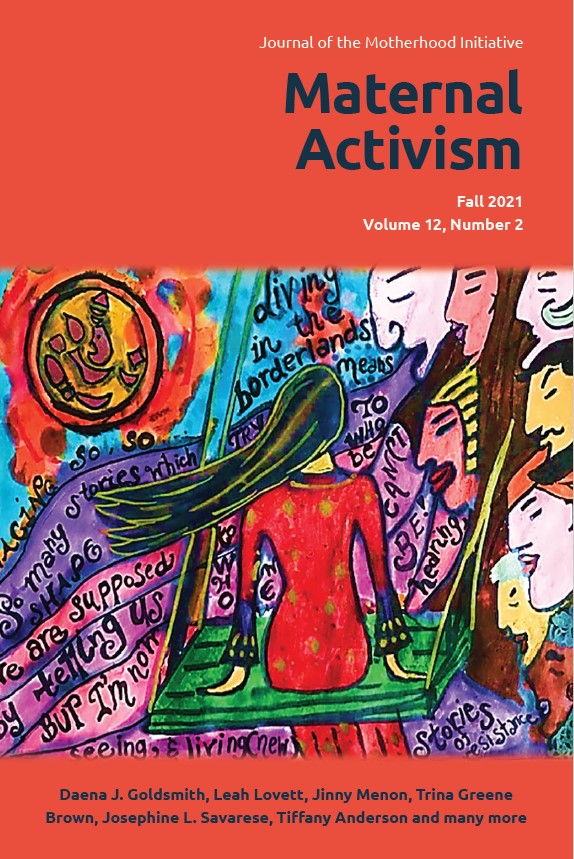Double-Consciousness Squared during Black Pride Movement: Self-Determination and Maternal Activism in Alice Walker’s Meridian
Abstract
Although the Black pride movement encouraged a singular identity, Alice Walker’s novel Meridian, recognizes the faultiness presented in singular identities. Black women were not able to identify fully with Black movements because these movements were male centric. Similarly, the feminist movements of the era were concerned primarily with issues of white women and did not address the issues of women of colour. Because of this lack of complete belonging to either movement, women of colour understood that their doubly marginalized identities depended on the success of both movements while not being able to expect personal progress from either. Walker explores how the movements of the 1960s and 1970s sought to differentiate themselves from the civil rights movement of the 1950s. The expressed questions “What does a movement require?” and “What should a movement do?” encourage Walker’s protagonist, Meridian, to explore her own understanding of activism. Because there are no clear answers to these questions regarding the movement, Walker, by way of Meridian, is free to create a new understanding of activism, which becomes Meridian’s sacrificial performance of maternal activism. And very similar to how she seeks to redefine activism, Meridian pursues a new concept of the maternal that pushes beyond the requirement and/or expectation of physical motherhood.
Downloads
Published
How to Cite
Issue
Section
License
All intellectual property in relation to material included on this site belongs to the Motherhood Initiative for Research and Community Involvement (MIRCI). All material on this site is protected by Canadian and international copyright and other intellectual property laws. Users may not do anything which interferes with or breaches those laws or the intellectual property rights in the material. All materials on the Motherhood Initiative for Research and Community Involvement (MIRCI) are copyrighted and all rights are reserved. Any reproduction, modification, publication, transmission, transfer, sale, distribution, display or exploitation of the information, in any form or by any means, or its storage in a retrieval system, whether in whole or in part, without the express written permission of the Motherhood Initiative for Research and Community Involvement (MIRCI) is prohibited. Please contact us for permission to reproduce any of our materials. This site may include third party content which is subject to that third party's terms and conditions of use.


